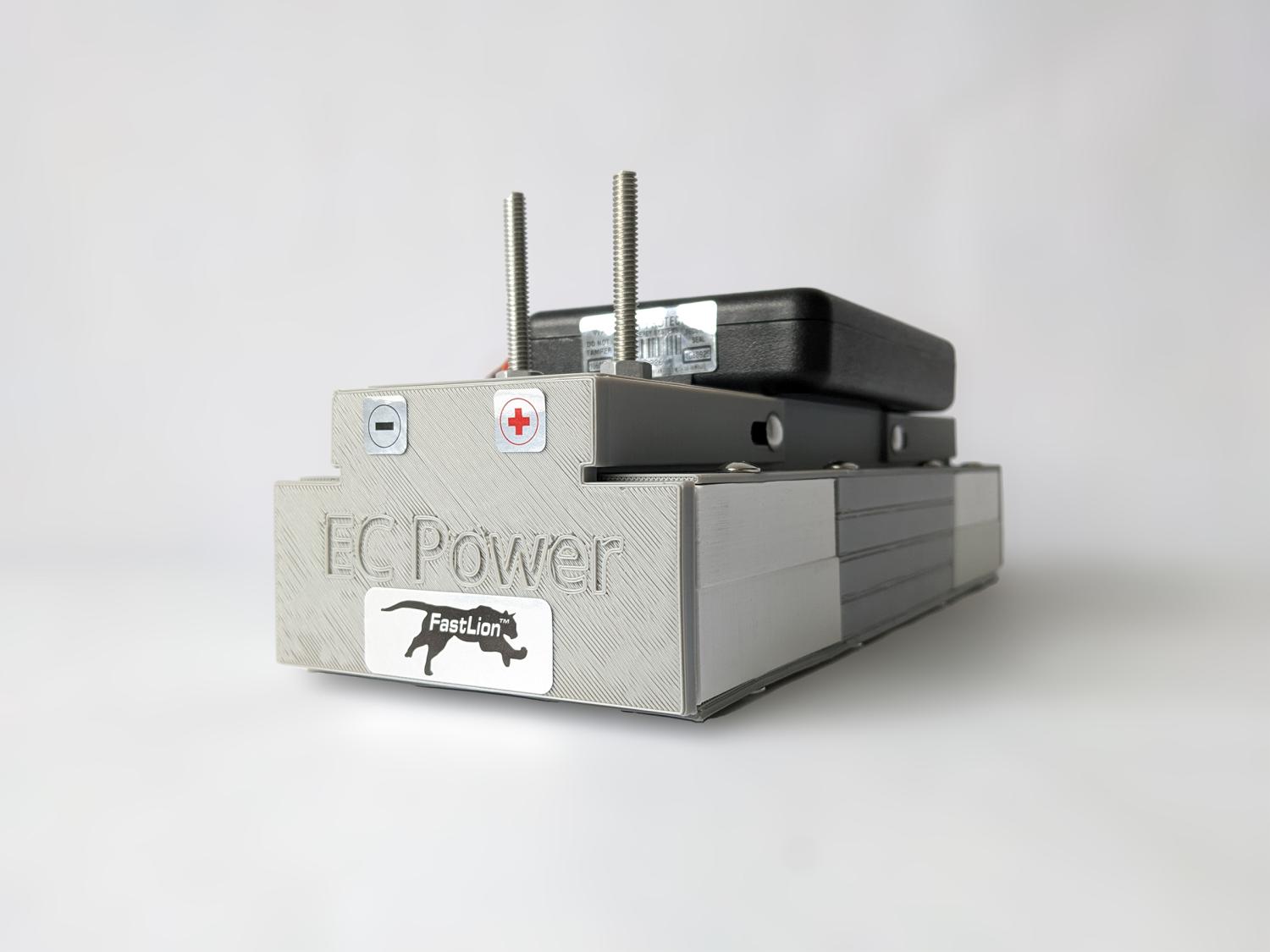A standard EV battery may now be charged in 10 minutes thanks to advancements in battery design. The journal Nature published a record-breaking study that combined a quicker charge time with more energy gathered for a greater travel range.
According to Chao-Yang Wang, the William E. Diefenderfer Professor of Mechanical Engineering at Penn State and the study’s principal author, “the need for smaller, faster-charging batteries is stronger than ever.” Batteries and other essential raw materials, particularly those produced locally, just aren’t available in sufficient quantities to meet demand.
Wang noted that battery-powered electric cars (EVs) must overcome two significant limitations if new car sales are to shift to them: they are too slow to recharge and too huge to be effective and economical. Some EVs can require a whole day to recharge, as opposed to just a few minutes at the petrol station, depending on the battery.
According to Wang, whose lab collaborated with State College, Pennsylvania-based startup EC Power to develop the technology, “Our fast-charging technology works for most energy-dense batteries and will open a new possibility to downsize electric vehicle batteries from 150 to 50 kWh without causing drivers to experience range anxiety.” The widespread adoption of reasonably priced electric vehicles will be enabled by smaller, faster-charging batteries, which will significantly reduce battery costs and the use of critical raw materials such as cobalt, graphite, and lithium.
In order to demand the greatest performance from the battery, the technique depends on internal thermal modulation, an active approach of temperature control, Wang said. Batteries work best when they are warm, but not too warm. Maintaining batteries at the ideal temperature continuously has been a huge challenge for battery engineers. In the past, Wang added, they have relied on large, external heating and cooling systems to control battery temperature, but these systems are inefficient and respond slowly.
Wang and his group made the decision to control the battery’s internal temperature instead. In addition to anode, electrolyte, and cathode, the researchers created a unique battery structure that includes an ultrathin nickel foil as a fourth component. According to Wang, the nickel foil serves as a stimulus that causes the battery to self-regulate its temperature and reactivity, enabling 10-minute fast charging on virtually any EV battery.
The researchers state that “true fast-charging batteries would have an immediate impact.” “Fast charging is essential for EVs to become widespread because there aren’t enough raw minerals to replace every internal combustion engine car with a 150 kWh-equipped EV,” the report stated.
Wang says that the study’s partner, EC Power, wants to make and sell the fast-charging battery to make electric cars more accessible and sustainable in the future.
The study was written by Teng Liu, Xiao-Guang Yang, Shanhai Ge, and Yongjun Leng from Penn State, as well as Nathaniel Stanley, Eric Rountree, and Brian McCarthy from EC Power.
The U.S. Department of Energy, the U.S. Department of Defense, the U.S. Air Force, and the William E. Diefenderfer Endowment all provided funding for the project.



Leave A Comment